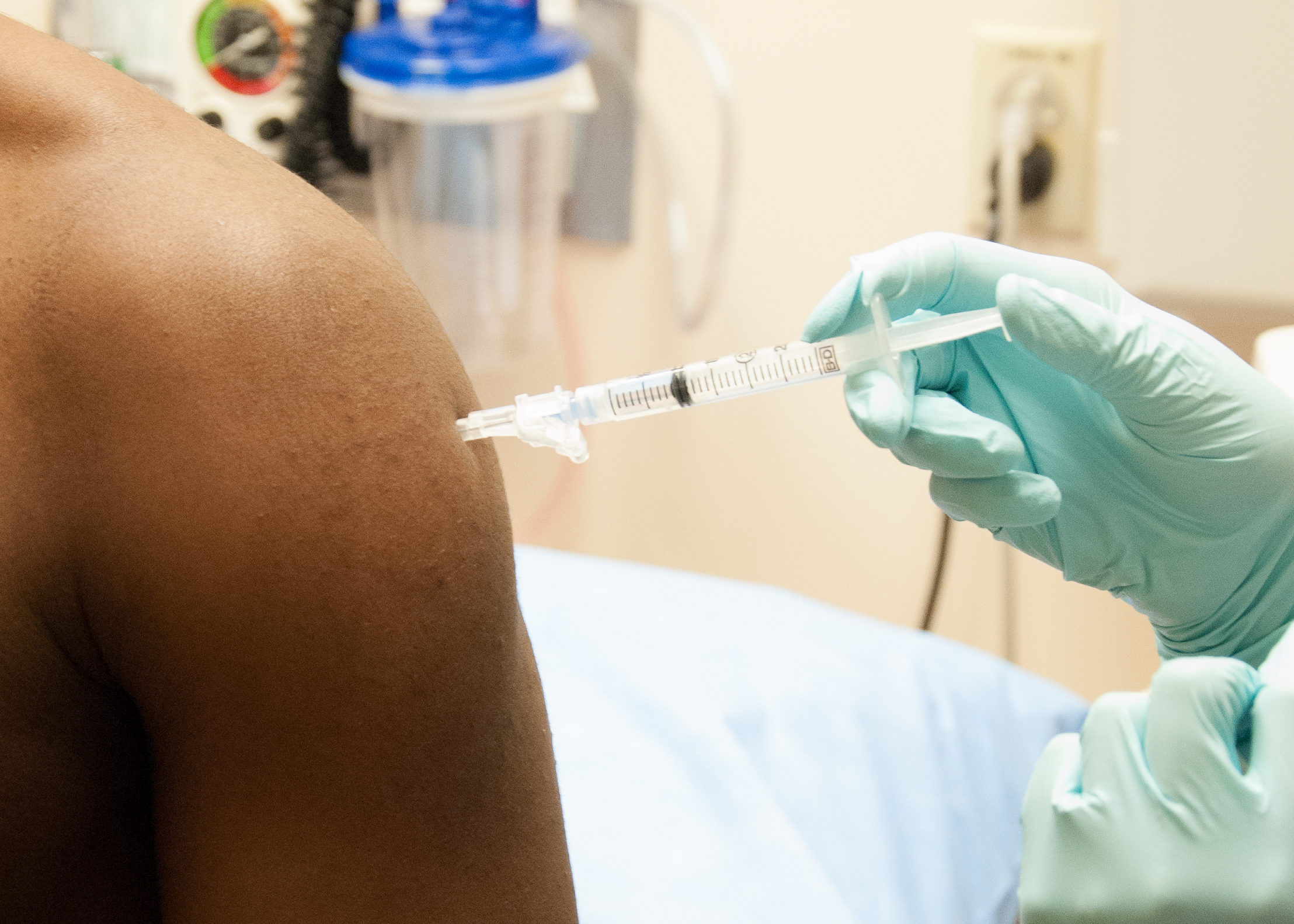News release
From:
Ensuring that COVID-19 vaccines are developed and deployed for those most vulnerable is a global challenge but can be addressed in a number of ways, according to a group of international vaccine experts in a review published in Science Translational Medicine.
The Malaghan Institute’s Dr Fran Priddy, Clinical Director of Vaccine Alliance Aotearoa New Zealand – Ohu Kaupare Huaketo (VAANZ), was among those to contribute her expertise on the current vaccine response, outlining both the successes and key challenges remaining in this global pandemic.
“Our goal was to review the status of the COVID-19 vaccine field as it relates to vulnerable populations and regions around the world,” says Dr Priddy.
“COVID-19 vaccine development has been a remarkable success at this point. However vulnerable populations such as the elderly and those in low-resource settings may require additional attention to benefit from the field’s advances.”
She says key issues include the potential for decreased vaccine effectiveness in elderly and low-middle income country populations, the potential for limited access to vaccines for these populations, and challenges rolling out vaccine to these groups – particularly in low-resource settings where adult vaccination is not as common.
“In New Zealand and the Pacific Islands, these issues are relevant for groups that historically have been more heavily affected by infectious disease or have lower access to adult vaccination, such as Māori, Pacific Islanders and the elderly.”
The review also outlines both the strengths and weaknesses of the development and deployment of current COVID-19 vaccines and highlights future strategies to ensure the global population – particularly in vulnerable areas – is not caught short-footed in the next pandemic.
“This and future pandemics will impact these vulnerable populations the most, particularly as the global population ages, and low-resource countries will see the greatest increases in population aging,” says Dr Priddy. “We can learn during current vaccine roll-out how to improve deployment of vaccines in these groups.”
Dr Priddy says available tools in immunology can be used to better understand why these groups are at greater risk, and how to generate effective immunity with vaccines in these groups.
“We can also use new technologies to prepare for the next pandemic, from improved disease surveillance to designing vaccines that could protect from a range of coronaviruses, all things VAANZ is working on here in New Zealand.”



 New Zealand; International
New Zealand; International


